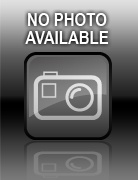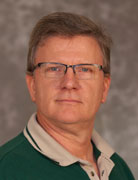The field of instrumentation includes the science and art of measurement, control, and process manipulation. Specifically, instrumentation is the technology of creating, constructing, and maintaining the measuring and control devices and systems that equip the manufacturing plants and research institutions so vital to today's expanding economy. Variables measured include temperature, pressure, flow, liquid level, velocity, density, and many others. New River's instrumentation program is structured to provide training and education in required skills and the theory to master the responsibilities of an instrument technician. In addition, the program provides the foundation for on-the-job training and other career challenges in the instrumentation field. In keeping with current demands for instrumentation technicians, the faculty of the instrumentation program now teach 70 years of the technology, beginning with 1930s recording devices and continuing through online distributed process controls of the 21st century.
At NRCC, preparation for a career in instrumentation begins with general theory and moves to specific operation principles. Students in the program should possess an aptitude for math and physics. The first year in the instrumentation technology program includes courses in basic electronics, circuit analysis, AC/DC electricity and general studies. These courses emphasize the theory, practices and skills required for the student's second year of specialization. The program allows the student to become competent in other related technology programs to elect the second year of the curriculum as an instrumentation option. Because practical work experience can be a deciding factor when seeking employment, cooperative education and special project seminars are available to NRCC students desiring job related experience. Advanced placement is available as well as the possibility of transfer to a four-year college or university.
Associate Professor of Electrical Engineering Technology

Professor of Instrumentation
